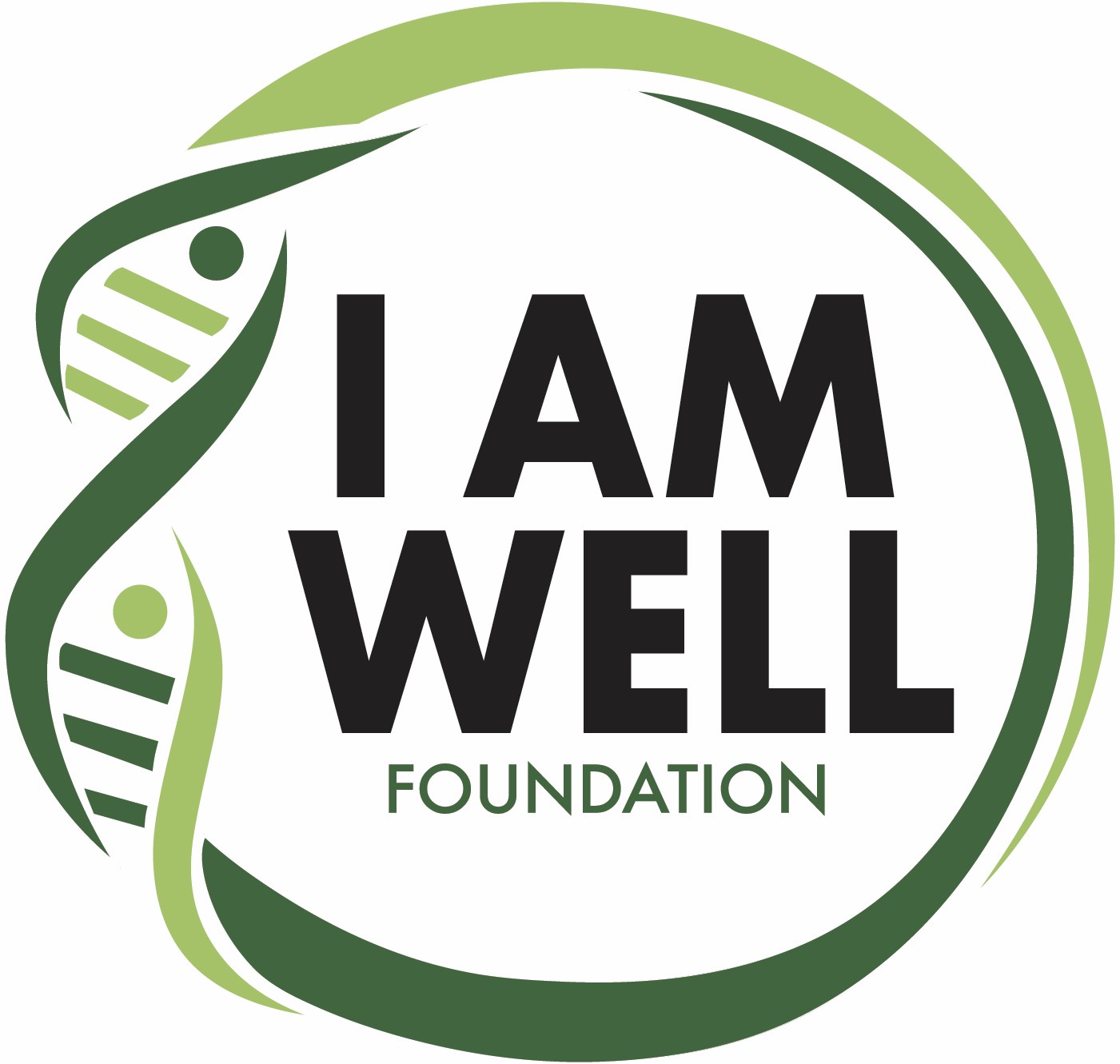ACTIVITY
Activity is the voluntary or assisted use of energy, forces, and available mental, emotional, spiritual and physical processes. It is the process of voluntarily and actively engaging the skeletal, muscular, cardiopulmonary and respiratory systems, in addition to interacting with mental, emotional and spiritual stimuli. Activity is critical for the continued growth and maintenance of the body, mind, spirit and emotional self.
Physical activity can include many types of actions, including physical movement through space, air and water, and any other activity that expends physical energy. These activities keep the joints flexible, the body at a healthy weight, and ensures all bodily operating systems are functioning properly. While any activity is necessary for human growth and development, engaging in activity that causes feelings of reward, benefit, overcoming challenges, positivity, happiness or joy are most vital for achieving optimal health and well-being.
Activity happens on a spectrum, often depending on one’s own abilities. The number of early deaths can be decreased and longer life-spans achieved by increasing general activity.
It is important to make activity a part of one’s routine, similar to brushing one’s teeth. Often, making the “right choice the easy choice” is critical to continued success. Incorporating activity from early youth helps to keep activity constant throughout one’s life-span. While movements and abilities may change throughout one’s lifetime, it’s important to find activities that suit your mental, emotional, spiritual and physical needs and abilities.
Signs of Optimal Health & Wellness
There are many indicators of thriving, including:
- Agility, strength and flexibility
- Mental acuity
- Appropriate weight
- Ability to perform the desired activity with or without interventions
- Feeling flexible
- Being level-headed, clear in thought processes
- General sense of well-being
Warning Signs
- Rapid weight gain or loss
- Inability to perform activity, even with assistance
- Loss of enjoyment of desired activity
- Acute or chronic physical injury
- Any type of prolonged pain with movements
- Prolonged swelling in joints
- Stiffness in the body
- Mental depression
- Forgetfulness, feeling overwhelmed
- Spending too much time sitting
- Having difficulty standing
- Decreased range of motion
- Change in posture
SELF EVALUATION
Activity provides health benefits for the body, mind, spiritual and emotional self. It can prevent chronic diseases, have a positive impact on mental health, and help to alleviate depression and anxiety. Regular activity can also enhance learning and thinking, as well as judgement and general cognitive function. In many cases, walking can be considered a “miracle cure”, particularly when alternating between activity and rest. Accessibility is also important when considering activities, and it’s important to explore activities that align with your abilities, such as wheelchair basketball. In addition, it’s important to find activities that bring you joy. Asking questions, such as “am I having fun with this activity” can help to keep you engaged.
SELF-CARE
- Go for a walk
- Join a gym
- Exercise your mind – participate in an on-going community activity or group that stimulates your mind and body
- Make time to explore what you like to do for fun
- Be sure to spend 150 minutes per week being active outside of normal work or routines
GET SUPPORT
Intervention should be sought whenever there is an acute physical injury, loss of desire or ability to participate in regular activities, or loss of access. Intervention may include:
- Seeking intervention from experts such as rehab specialists, fitness trainers, coaches and physical therapists
- Connecting with advocacy organizations that improve access
EMERGENCY
If you are have a severe injury:
- Dial 911; or
- Go the nearest hospital emergency room
